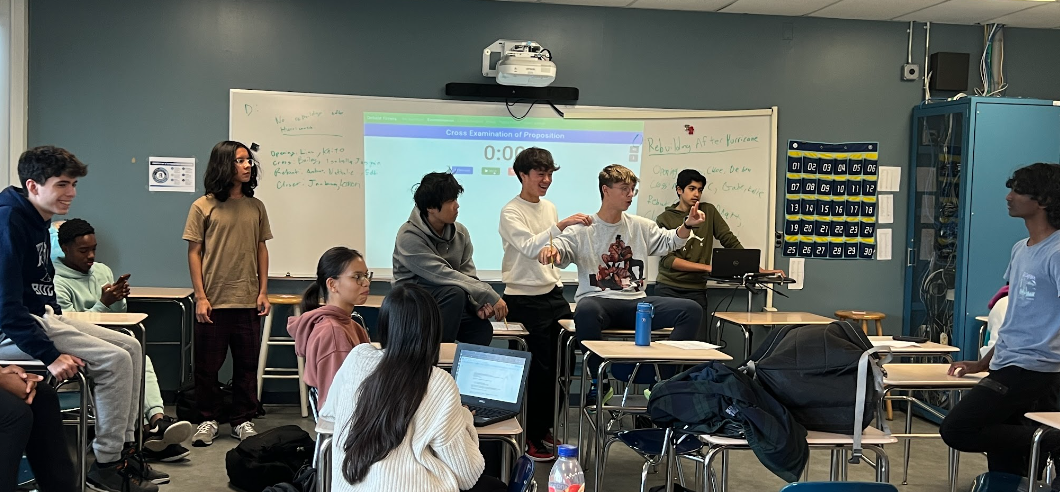With it being early within the 2024-2025 school year, RHS brings plenty of new opportunities. This includes the return of the RHS Debate Club! Run by current Sophmore students Kaito Pepito (President), Ryan Baik (Vice-President), Panav Desai (Secretary), and Lennon Martinez (Treasurer), along with Mr. Lipinski as advisor, this club is open to any students willing to join. They focus on topics that are relevant, interesting, and engaging to all students who participate in the debate.
Structure of the Club
For those curious about what happens during the typical RHS Debate Club meeting, here it is. Usually they start with a warm-up question. Each person has to choose a side and then there is a period of free debate. Some previous warm-up questions from past meetings were “Which is better, the cream or the cookie in an Oreo?”, “What’s better, cats or dogs?”, and “Should trick-or-treaters be above or below 16 years old?” Despite sounding like simple questions, members love to discuss and argue their opinions. Only a few minutes into the meeting and the debating has already begun! After the warm-up, the true topic of the meeting is brought to attention. Usually, these topics will be announced on Google Classroom prior to the meeting so students can research and gather information to help them during the debate. Now, RHS Debate Club isn’t a free-for-all with a bunch of arguing, but there is a set format of segments where each person gets a position.
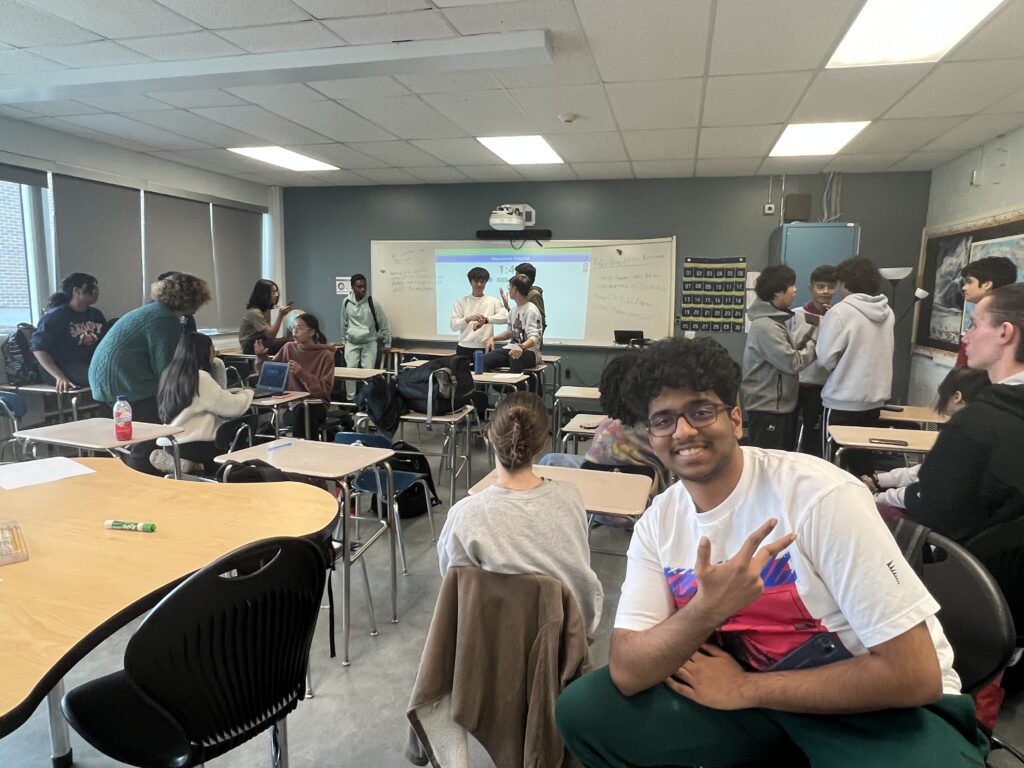
- Prep Time – This occurs at the beginning after each side is established. Each student is required to get a position to help win their argument. This is the perfect time to discuss main arguments and any research done prior.
- Opening – This position is exactly as it implies, the opening statement for each side’s argument. This is supposed to give the first impressions of how the debate is going to go, and the direction each side is going to focus on.
- Cross Examination – This position is given to those who have come up with questions for the opposite side. This includes bringing up any arguments brought up before. This is so each side can fully realize all evidence and reasoning.
- Rebuttal – This position happens after everyone has fully understood each other’s arguments, no matter if it’s the opposition or defense side. This is for anyone who is skilled in finding flaws and any illogical evidence in their opponent’s arguments.
- Free Debate – This occurs towards the end of the debate, where it is now a time to discuss any last-minute arguments, evidence, and rebuttals that haven’t been said. At this point, anyone is allowed to talk and speak their mind.
- Closing – This position is the final statement where someone says their last remarks before the debate ends.
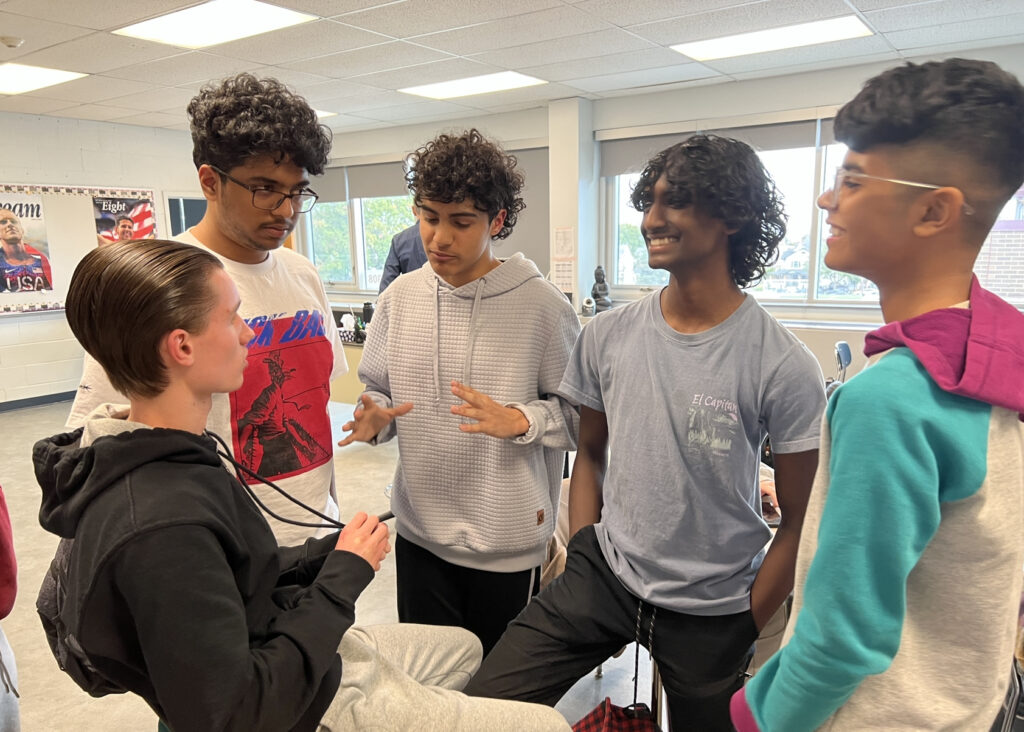
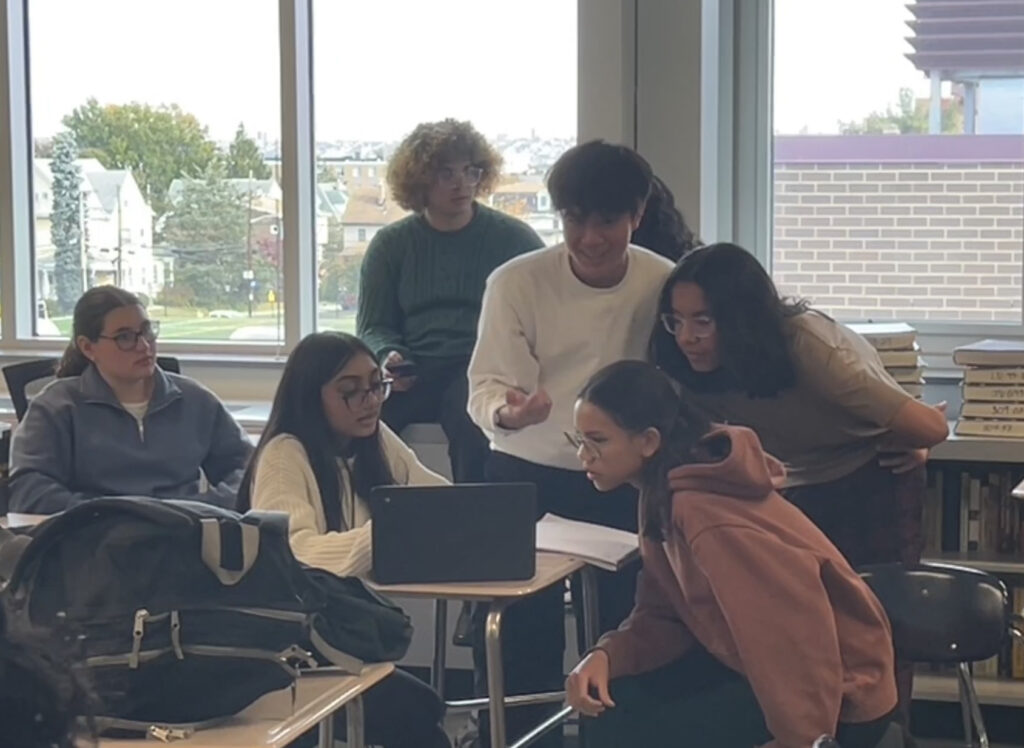
During this whole process, someone in the background will be judging the argument and deciding who won the debate. It’s important to note that each time the RHS Debate Club meets, the teams will be different because everyone has varying opinions. This means you’ll always be with new people and every meeting holds something new!
The Importance of Debate
Debating is a lifelong skill that will continue long after one’s academic career. Debating evokes the process of “thinking outside the box” and using personal judgment to determine what an audience may or may not agree with. All arguments could have potential weakness that any opposing side can point out. This is why it’s up to you as the debater to overcome it. Find weaknesses in their argument and analyze all reasoning someone may provide. Decide which tone the argument should have. Should it be humorous, serious, or informative? For those who have taken English classes, familiarity with rhetorical appeals (ethos, pathos, and logos) will come in handy. These are all parts of an argument that one has to consider and will improve your debating skills. Debating can also improve skills of communication and discussion.
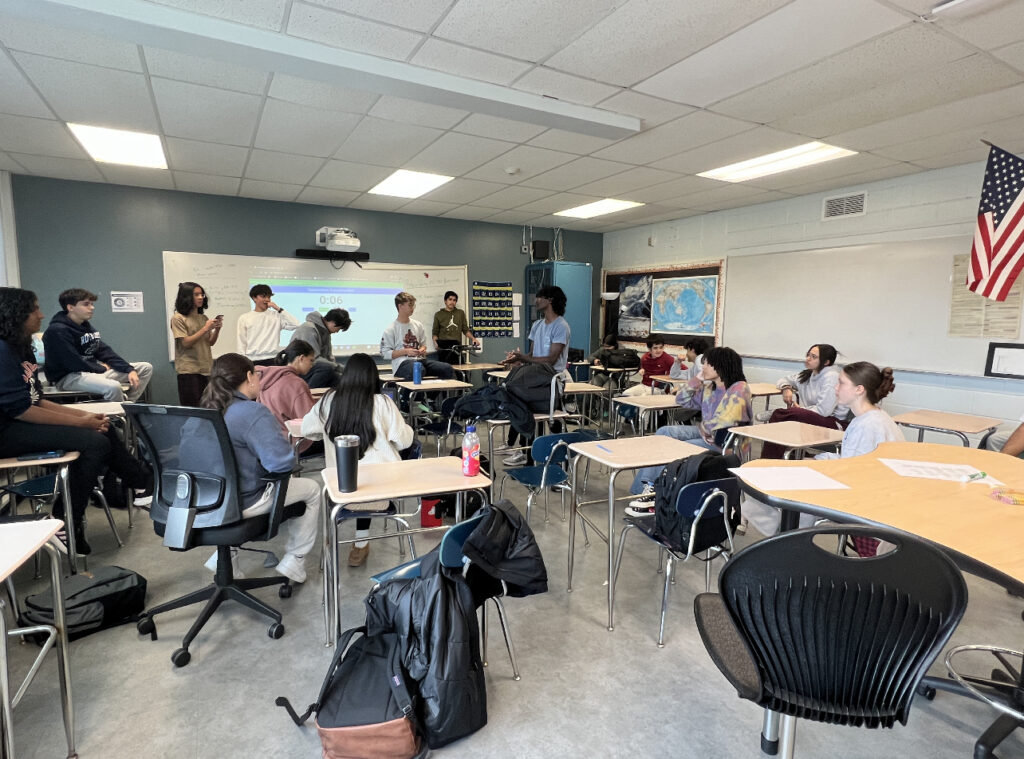
For anyone who is interested or has any questions in joining the RHS Debate Club, come see Mr. Lipinski. The club tries to meet at least once a week, if not more, so there are plenty of opportunities to come. Just remember the #1 rule in debating, be respectful to others!
Source(s):
